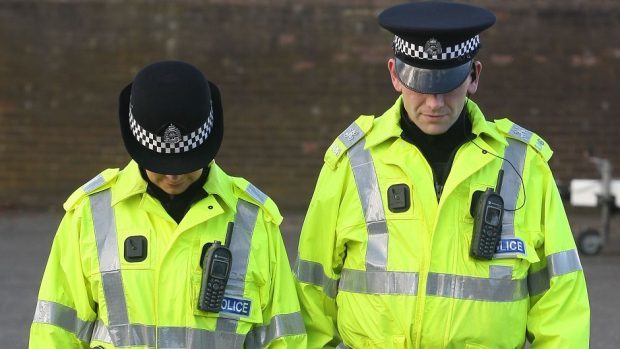Police Scotland has admitted using laws passed to track criminals and terrorists to snoop on journalists and their sources.
Details obtained by the Press and Journal under the Freedom of Information Act show Police Scotland conducted operations under the Regulation of Investigatory Powers Act 2000 (RIPA) on 11 occasions between October 2014 and June 2015.
The law regulates the powers of public bodies to carry out surveillance and investigation, and covers the interception of communications.
It was introduced to take account of technological change such as the growth of the Internet and strong encryption.
The Press and Journal requested information on how often RIPA had been used by Police Scotland, or the eight forces before reorganisation, to access information about journalists’ sources in Scotland since it was enacted in 2000.
The response stated that information regarding the use of RIPA was only retained by Police Scotland for six years.
Therefore there was no information about how many times the legislation was used between 2000 and 2009.
Police Scotland was also unable to provide any information about the period between 2010 and October 2011, saying it would be too costly to examine over 10,000 RIPA applications to see if they met the terms of the request.
However, between 2011 and 2014, Police Scotland admitted using RIPA powers to determine if a member of a police force had been in contact with a journalist or employee of a newspaper or television company on seven occasions.
Just six of these were authorised.
Between October 2014 and June 2015, RIPA powers were used in similar circumstances a further five times.
Police Scotland refused to provide any details of any of the 11 authorised investigations other than to say that none of them concerned a journalist.
Its response stated: “To provide any further information, beyond the fact that these investigations involved determining if a member of a police force or other party had been in contact with a journalist, would be inherently harmful.”
The national police force said that to divulge further information on the investigations would breach the principles set out in the Data Protection Act and also prejudice the ability of police to conduct similar investigations in future.
